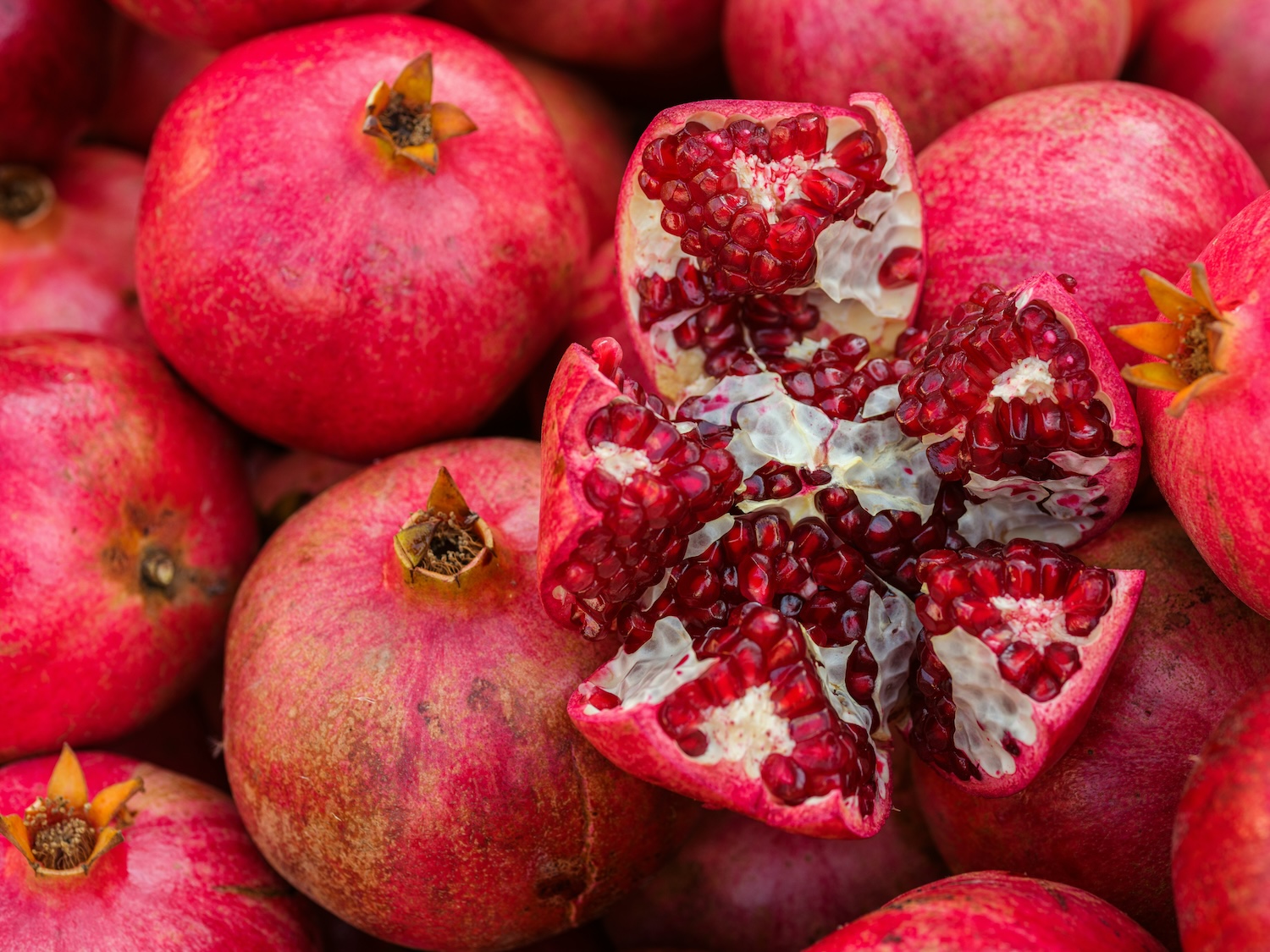TikTok may have turned peeling pomegranates into a love language, but the real magic of this metaphor runs much deeper.
When I first saw the pomegranate theory circulating online, the comment sections were full of people swooning: “He peeled a pomegranate for me without me asking…that’s love!”
And yes, it’s sweet. But if we stop there, we miss the most important lesson this small act has to offer.
The pomegranate theory isn’t really about small gestures. It’s about how we approach love. Slowly, patiently, and with a willingness to do the work.
The Real Juiciness Behind the Pomegranate Theory
Cracking open a pomegranate takes time. You can’t rush it. You need patience, persistence, and a willingness to get a little messy. In that way, it’s a perfect metaphor for building a lasting relationship.
When I’ve interviewed couples who’ve been together for 20 or 30 years, and are still genuinely happy, their advice almost always comes down to three things:
Slow down. Stay patient. Keep showing up.
They don’t chase the “perfect” relationship. They focus on improving it day by day, repairing ruptures when they occur, and remembering that the sweetness, that deep intimacy and security, come from putting in the work.
The Pomegranate Theory Isn’t About Small Acts. It’s About Consistency
If your partner peels a pomegranate for you, sure, it’s lovely. But the gesture itself doesn’t prove love.
What matters is what it represents. A willingness to reflect, to talk about what partnership means, and to stay committed when it’s inconvenient or uncomfortable.
In other words, the pomegranate moment becomes meaningful when it’s connected to awareness. When both partners can say, “This is how I want to show up for us.” And then repeat that over and over again through the laughs, tears, and moments of wanting to walk away.
That’s the difference between performing love and practicing it.
Everyday Pomegranates: The Quiet Ways Love Shows Up
Love doesn’t always look like grand gestures. Sometimes, it’s the subtle acts of generosity that make the biggest impact.
It might be:
- Running to the grocery store so your partner can make an important meeting on time.
- Choosing to cook their favorite meal instead of yours.
- Making plans that give them space to rest.
- Recognizing the effort put in when the output falls short.
These aren’t romantic clichés. They’re intentional decisions to prioritize the relationship, even when it’s not convenient. That’s what makes them powerful.
The Messy Middle Is Part of the Magic
Let’s be honest: peeling a pomegranate can be annoying. It stains your hands, it splatters juice, and half the seeds end up rolling away. But when you finally taste that sweetness? It’s worth it. And the long-term benefits far outweigh the momentary frustrations.
Relationships are the same. They can be frustrating, messy, and imperfect, but the reward is in the richness you uncover together. The only time it feels like wasted effort is when you’ve picked a pomegranate that isn’t ready (or one that’s long past ripe).
Pomegranates remind us that love isn’t defined by what we do once, but by what we choose to do again and again, fully invested without giving up. The next time you see someone talk about the pomegranate theory, look beyond the gesture.
Ask yourself:
- Am I slowing down enough to create a lasting love?
- Am I practicing patience when things get messy?
- Am I showing up with persistence, even when it’s hard?
Because an act of love isn’t about proving how you feel. It’s about investing in what you are trying to build. A relationship that can thrive with a love that can grow. The sweetness isn’t in the fruit itself. It’s in the work it took to open it together.
Learn more about working with me at Ignite Anew.
Wanna dive deeper on your own? Check out The Seven Principles for Making Marriage Work by John M. Gottman, PhD.








